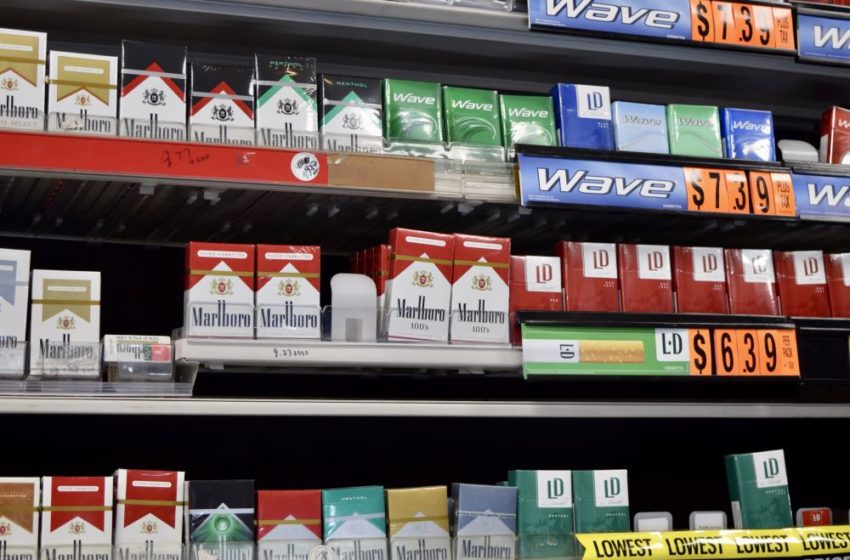
About 49 percent of citizens in Bosnia and Herzegovina buy tobacco products from the black market, according to 2020 research data published by the Center for Policies and Management, a Sarajevo think tank organization that deals with European integration and public administration reform, reports the Sarajevo Times.
The legal sale of cigarettes decreased by 7.6 billion cigarettes per year from 2008 to 2020, though the number of smokers did not significantly decrease. The Liberal Forum, a nongovernmental organization, suggests that that means smokers turned to the black market for cheaper products.
Illegal cigarettes and tobacco are often smuggled into Bosnia and Herzegovina from Montenegro, Serbia and Albania; Bosnia and Herzegovina is a transit country on the international smuggling route leading to European Union countries, according to the Indirect Tax Administration.
The Bosnia and Herzegovina prosecutor’s office filed indictments against 13 people this year for illegal tobacco product trade, three of whom were border police members.



















